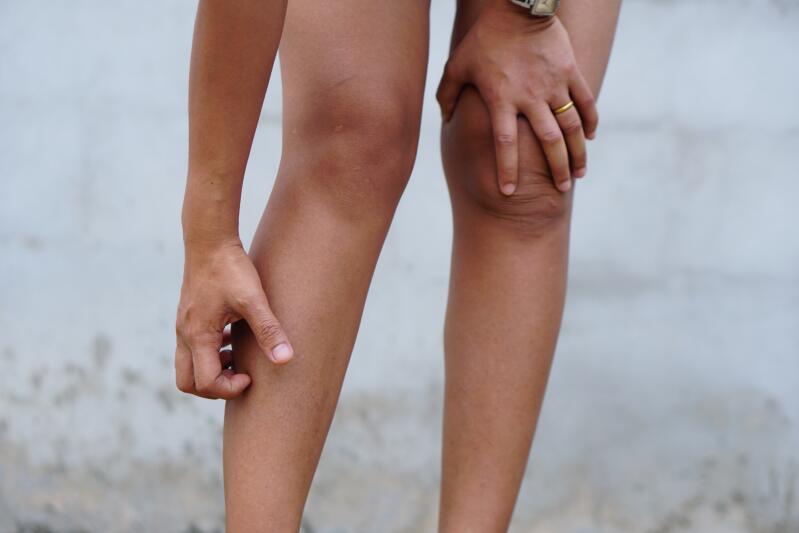-
Your concerns
Our articles to help you gain a better understanding
-
Our solutions
-
Ducray Dermatological laboratories

Itching on the legs is common, it affects the ankles, calves, thighs and/or the area between the legs. The reasons for itchy legs vary from person to person. Once the cause of the itching has been identified, there are solutions to relieve the itching.
Having an itchy body can come from:
In the case of itching on the legs, a few causes often come up:
In cases of itching on the legs, a few simple rules can soothe the skin and restore comfort to the legs: